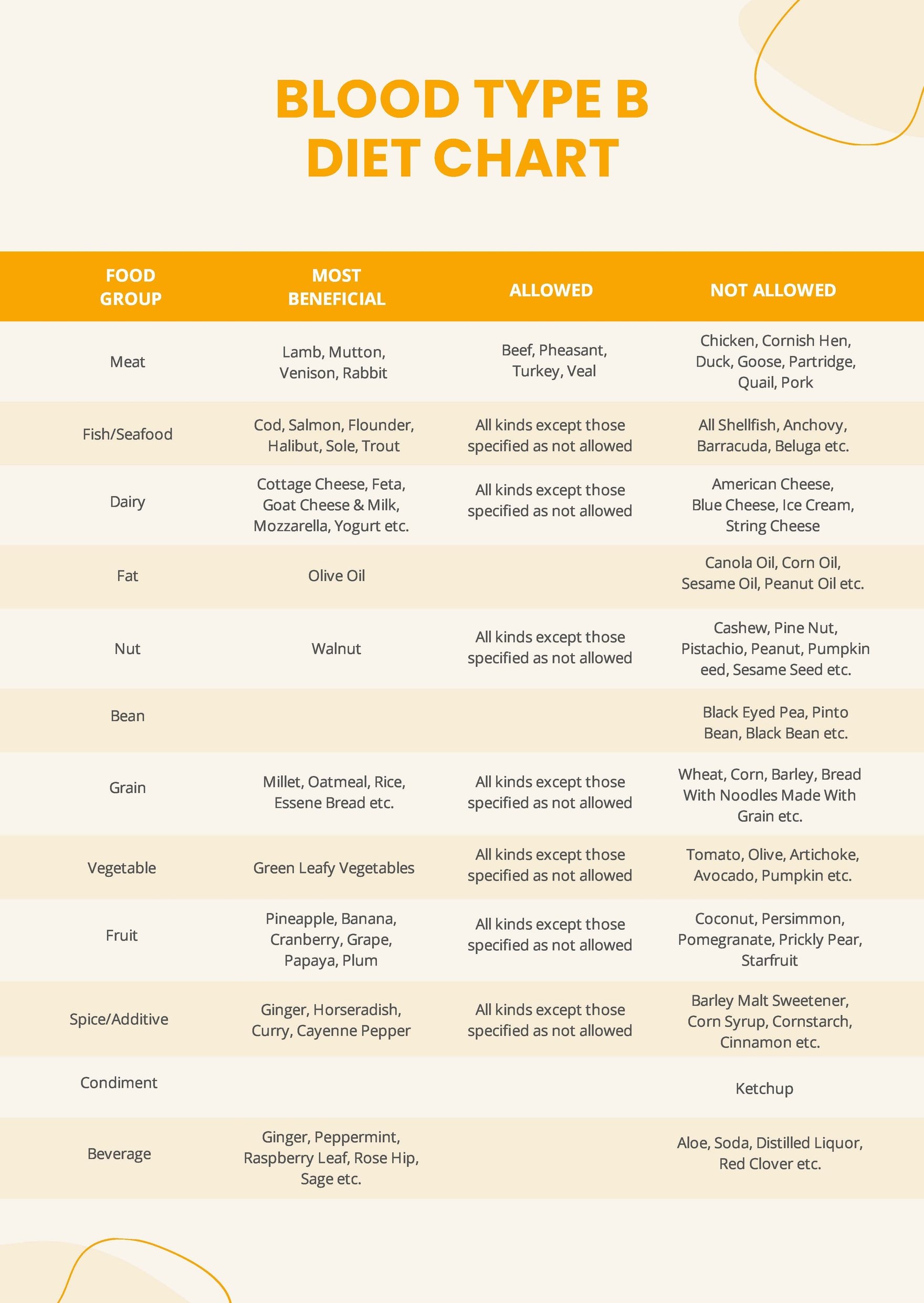


It clumps the cells together and they are targeted for destruction, as if they, too, were foreign invaders. Once the intact lectin protein settles someplace in your body, it literally has a magnetic effect on the cells in that region. Different lectins target different organs and body systems. It may interact directly with the lining of the stomach or intestinal tract, or it may get absorbed into your blood stream along with the digested lima bean nutrients. It doesn't get digested, but it stays intact. However, the lectin protein is resistant to acid hydrolysis. The lima beans are digested in the stomach through the process of acid hydrolysis. Let's say a Type A person eats a plate of lima beans. Here's an example of how a lectin agglutinates in the body. Simply put, when you eat a food containing protein lectins that are incompatible with your blood type antigen, the lectins target an organ or bodily system (kidneys, liver, gut, stomach, etc.) and can begin to interact with the tissues in that area. Often the lectins used by viruses or bacteria can be blood type specific, making them a stickier pest for people of that blood type. Bacteria and other microbes have lectins on their surfaces as well, which work rather like suction cups, so that they can attach to the slippery mucosal linings of the body. For example, cells in our liver's bile ducts have lectins on their surfaces to help snatch up bacteria and parasites. Lots of germs, and even our own immune systems, use this super glue to their benefit. Lectins are a powerful way for organisms in nature to attach themselves to other organisms in nature. Lectins, abundant and diverse proteins found in foods, have agglutinating properties that affect your blood and the lining of your digestive tract. We know this because of a factor called lectins. It is amazing but true that today, in the twenty first century, your immune and digestive systems still maintain favoritism for foods that your blood type ancestors ate. This reaction is part of your genetic inheritance. Peter D'Adamo and Catherine Whitney Lectins: The Diet ConnectionĪ chemical reaction occurs between your blood and the foods you eat. Parts reprinted with permission from Eat Right For Your Type by Dr. Professor, Institute of Immunobiology University of Cologne and world-famous lectin researcher Therefore it seems to me necessary, not only to promote his concept here in Europe, but also to tell him that I acknowledge him as one of the most creative scientists in the Western world." "I am afraid that Peter's merits are not estimated enough in the scientific world.


 0 kommentar(er)
0 kommentar(er)
